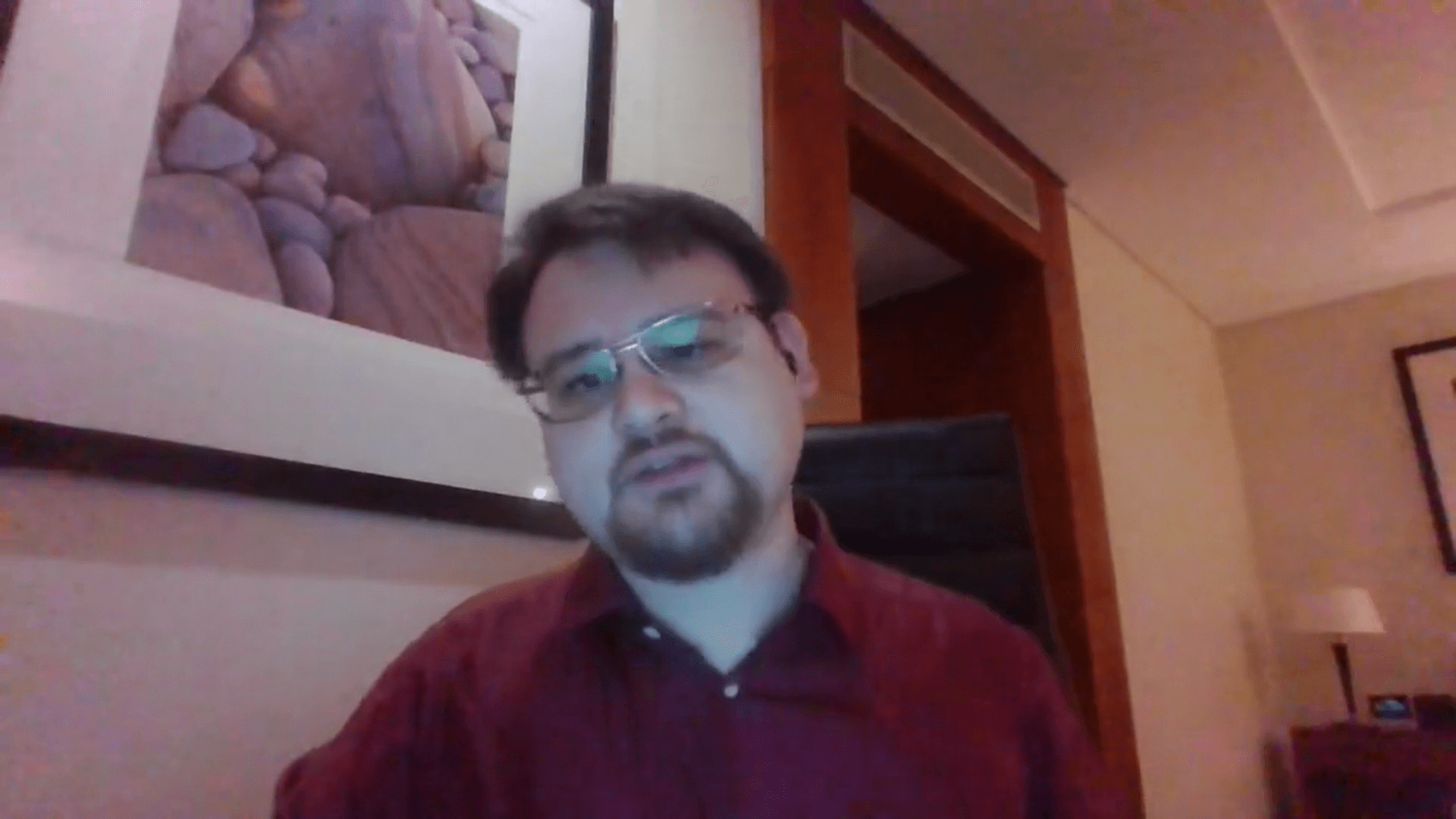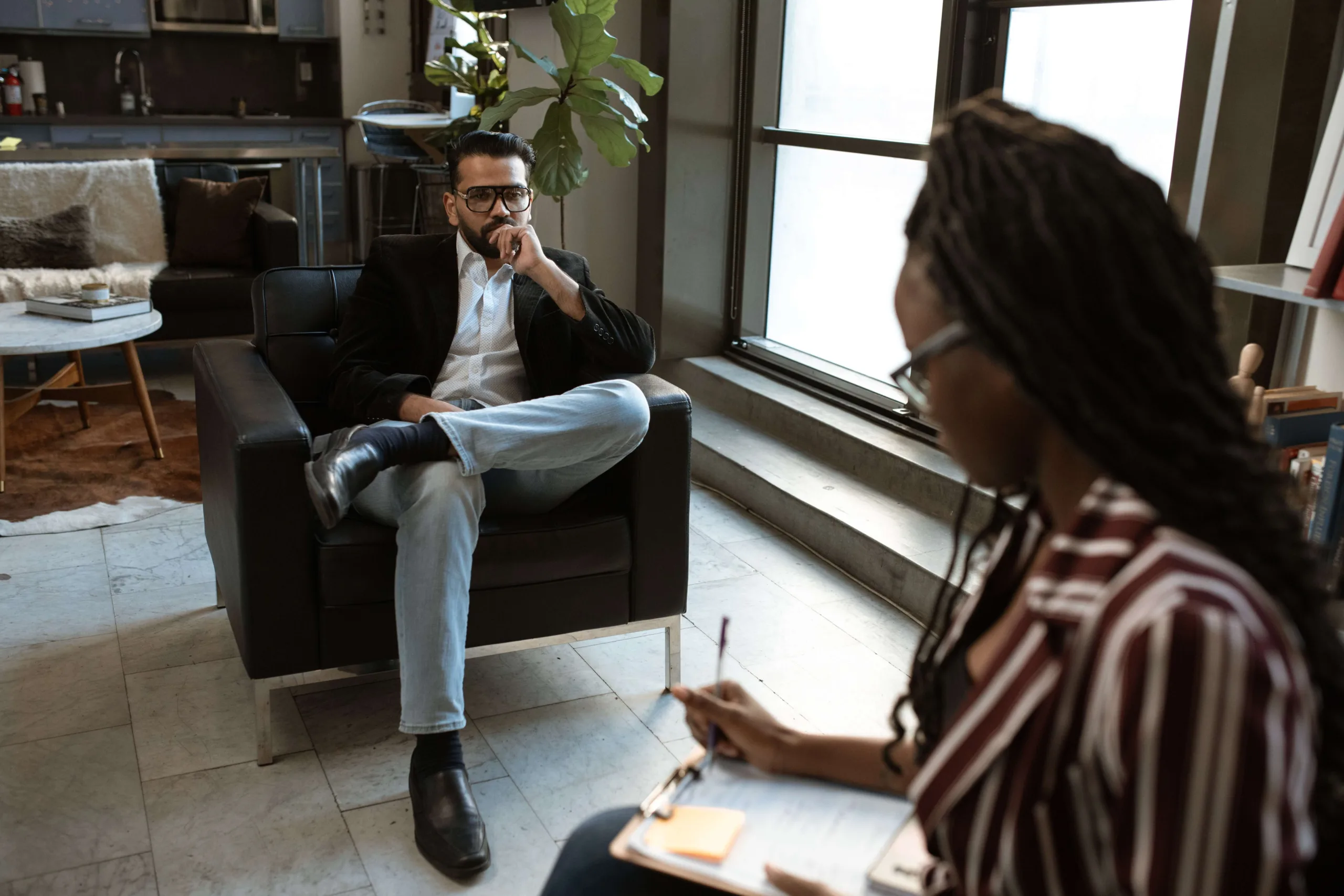Dive into a world of insightful articles, captivating stories, and expert guidance from this institution’s researchers. Explore the latest findings, cutting-edge research, and engaging narratives that contribute to the ever-evolving realm of knowledge.
Featured Academic

This article suggests a number of places to start, such as building a good relationship with your supervisor, networking with your peers, planning your move and checking out any additional course requirements.

This article provides a step-by-step guide for people interested in pursuing a PhD, particularly in the sciences (though much of the advice carries over to other disciplines as well). It emphasizes the importance of identifying personal interests and goals, fully researching different programs, and knowing the key differences between doing a PhD in different countries.

In this video, Dr Nicolai Due-Gunderson explores the advantages and disadvantages of basing your PhD on your Master’s topic. Whether you’re considering continuing your studies or are already on the path to pursuing a PhD, this video offers valuable insights to help you make an informed decision about your research direction.

Are you considering going straight from an undergraduate degree to a PhD, skipping the master’s? At 22 years old, Tess shares her experience of this and provides some valuable insights about how she prepared and applied for her PhD in Computing without doing a master’s degree.

Are you studying for a PhD abroad? Are you worried about integrating meaningfully into your PhD life in a different country? In this article, Dai Wenqi explores how to socialise and adapt to a new culture during your PhD abroad, providing advice from her lived experiences to help you enjoy your doctoral life to the fullest. This includes respecting and engaging with the culture of your host country, learning the language (but forgo the pressure of perfect fluency), and leaning into your unique personal charm.

Want to impress potential employers during your next postdoc or lectureship interview? This article has insider tips from an experienced hiring committee member. Learn how to research the institution and interviewers, prepare examples of your teaching and research experience, practice common interview questions, highlight your collaborative skills, and ask thoughtful questions to impress your interviewers and stand out from the crowd. By following these tips, you can show that you are the ideal candidate for the position and help advance your career in academia.

Dr Due-Gundersen outlines how to publish your thesis as a peer-reviewed book.

Sue Lynn Mah shares her experience preparing for and passing her PhD viva in her article. In the week leading up to the big day, she re-read her thesis, had a mock viva with her supervisor, practiced explaining her work to people outside of her field, and printed out a physical copy of her thesis. Her tips for viva success include picking out your outfit in advance and practicing your elevator pitch.
Be the first to hear about new content, courses, and events. Join our community today!
You’re in! Thanks for signing up. Keep an eye on your inbox for the latest updates, resources, and exclusive offers.